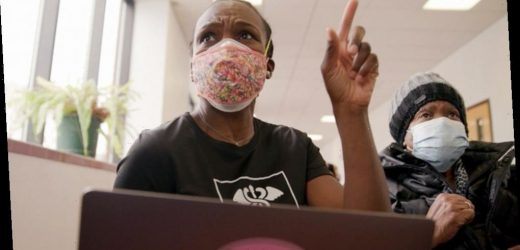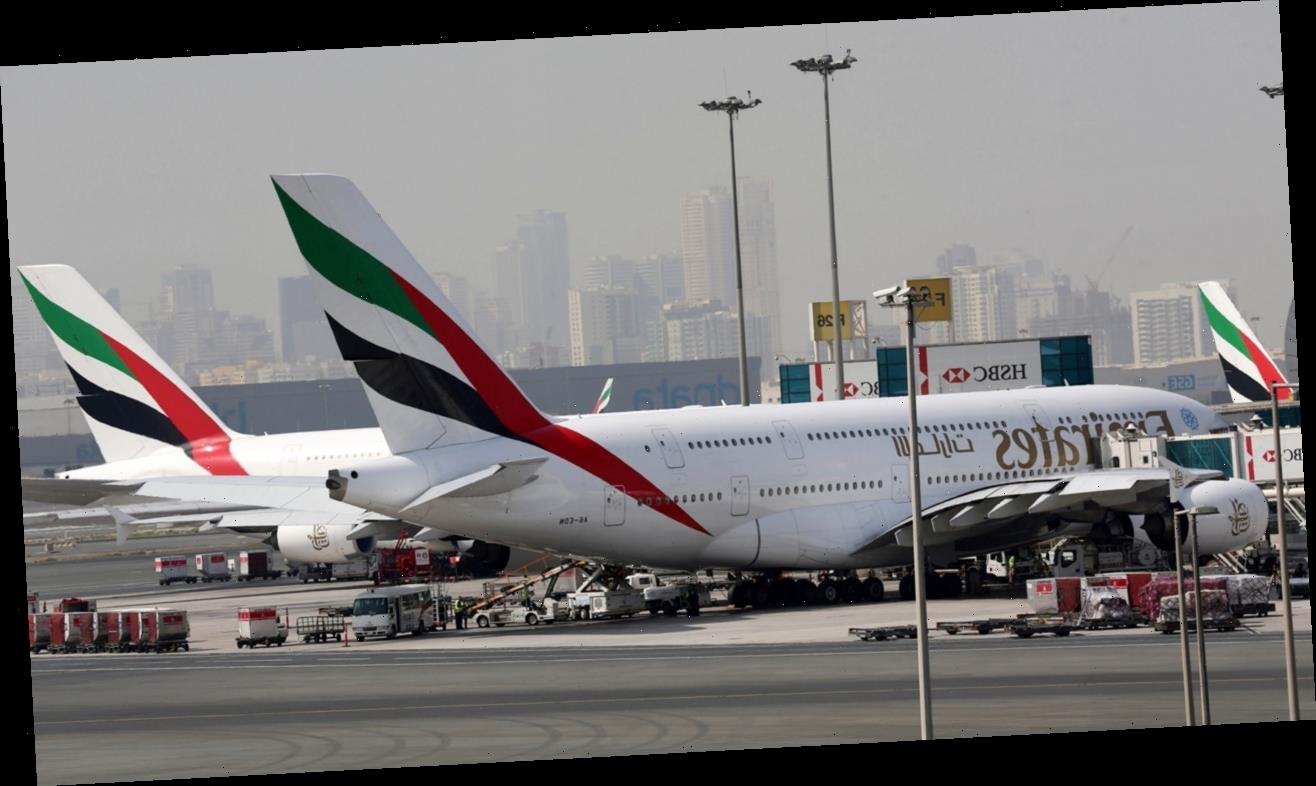Once again, it is Dr. Ala Stanford to the rescue, this time confronting Philadelphia’s vaccine inequities head on.
Last April, Stanford became frustrated with the city’s slow pace of COVID-19 testing, especially in Black and brown communities, and in a span of 48 hours put her private practice on hold, gathered some medical friends, rented a van and hit the streets to bring COVID-19 testing to neighborhoods badly in need.
The Black Doctors COVID-19 Consortium was born.
Now, Stanford and her team have set their sights on vaccinations, giving hundreds of shots of hope per day to the city’s most vulnerable, where going without one could have dire consequences.
Citywide — and nationwide — there are questions about why white and affluent people are getting the vaccine at higher rates.
In the city of Philadelphia, Black people make up the majority of the population and the majority of COVID-19 deaths, but more than half of the people vaccinated in Philadelphia thus far are white, according to data from the Philadelphia Department of Public Health.
Philadelphia is 42% Black, according to U.S. Census data, but the city reports that, to date, just roughly 21.5% of the shots in the city have gone to Black people.
“Everyone was talking about this phenomenon of sort of just, frankly, rich folks coming to poor neighborhoods to take the vaccine. But no one was doing anything,” Stanford told ABC News.
Among the people Stanford’s team has vaccinated, approximately 79% of vaccinations have gone to racial minorities, including Black, Asian and Hispanic people.
Stanford has been helping communities devastated by COVID-19 in North Philadelphia for almost a year, volunteering her time and not earning a penny for her testing or her vaccine clinics.
“I am striving towards equity, because 20 years ago when I was in medical school, these same inequities existed. … And every day that we get out there, we are changing it. And that’s a story I want to be a part of, regardless of if I’m getting paid or not,” she said.
Philadelphia is the birthplace of America, but it is also one of the poorest big cities in America, according to Census data. Like the rest of the country, it is plagued by racial and economic disparities.
“We have the need to bring this forward with racial equity because as we know, people of color have suffered the most from this and have had the most worst cases and the worst outcomes,” Philadelphia Mayor Jim Kenney told ABC News.
Kenney said he has recognized the need and is getting the city back on track after what he acknowledges have been some “bumps in the roads” in the vaccine rollout.
The city initially opted to allocate the vaccine doses to an organization called Philly Fighting COVID. The nonprofit was able to vaccinate roughly 7,000 people, but the 22-year-old in charge was accused of giving shots to his friends instead of the most vulnerable. The organization said the doses were set to expire.
Andrei Doroshin, who said he took home four expiring doses of the hard-to-get vaccine and administered it to friends, has insisted he did nothing wrong.
“The recommendation from the health department was put it in any arm. This is a war against a virus. At the end of the day the doses were about to expire,” Doroshin told ABC Philadelphia station WPVI. “What would you have done? You have these four extra doses, you called everybody, they’re just about to expire, the guidance says put it in an arm.”
Kenney called the initial rollout with the organization a “mistake.”
“We’re moving forward in a better way,” the mayor said.
Stanford was initially told by the city her organization would have to wait until February to get the vaccine, but she was able to secure vaccine doses more than two weeks ahead of schedule.
The Black Doctors COVID-19 Consortium recently hosted a 24-hour clinic at Temple University and were able to vaccinate roughly 4,000 people, outpacing the city’s first dose average of 3,500 people per day in February.
“It’s that the lives of the people in this community really matter to us. It’s because we know what it feels like to have a field that’s not level to be treated unfairly for something you have no control over, oftentimes your socioeconomic status in the color of your skin,” she said.
With teamwork, the city is closing its vaccine inequity gap, and Stanford is getting access to more and more vaccines.
“I speak with Dr. Stanford almost every day. She’s fabulous. She’s high energy. She’s extremely intelligent and thoughtful. She’s committed to not only the Black and brown community. She’s committed to the entire Philadelphia community,” Mayor Kenney said.
Stanford’s steadfast commitment is measured in the number of rolled up sleeves, signaling trust in a community that’s often said to distrust the vaccine.
“It’s really unclear to me whether or everyone just assumed because of the untrustworthy medical system, that people would not want to get it. That may have been part of it,” Dr. Stanford said.
Stanford recently earned front page accolades in Philadelphia for her work to get vaccinations to the communities badly in need.
“We are so filled up and refueled every single day with the gratefulness that we get from the community,” she said. “You can’t even put a price on that or value. It’s good. And everything we’ve done from the beginning has come back to us in excess.”
Source: Read Full Article

